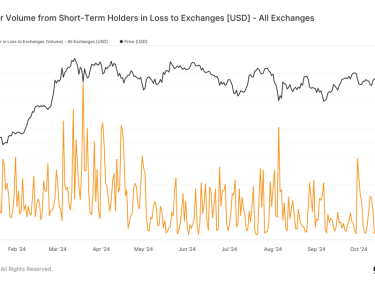The Celo community voted Friday to approve using Optimism’s OP Stack technology for migrating its current standalone blockchain over to a layer-2 network atop Ethereum.
The vote, officially proposed May 3 passed with overwhelming support, with 65 addresses representing 14.6 million CELO tokens signaling approval for the measure, with two addresses representing 20,484 CELO abstaining.
Due to the magnitude of the decision, tantamount to an existential transformation, Celo community leaders have said that the change would not take place automatically (the usual practice) but only upon the “completion of upgrades from our validators.”
Described as a “temperature check,” the vote follows an announcement last month that cLabs, the primary developer firm behind the Celo blockchain, and as such one of the most influential voices in the community, proposed choosing the OP Stack last month as the primary technology for its new home.
The developer had spent several months evaluating various customizable stacks from different layer-2 teams on why they may be the best fit for Celo, and the process had turned into an unusually public and closely-watched competition – almost like a blockchain edition of TV’s The Bachelorette.
Celo originally announced plans to use OP Stack last July, when the decision was shared to become the broader Ethereum ecosystem as a layer-2 chain, morphing from its current state as a layer-1 chain.
But the transition became competitive when Arbitrum Orbit, zkSync’s ZK Stack and Polygon CDK threw themselves into the mix, offering to provide technology to Celo.
Ultimately, the Celo team ended up right where they began.
“The OP Stack largely provides what is needed to deploy an L2. Minimal changes are needed to support Celo’s unique features,” the proposal reads. “It is battle-tested with multiple chains in production and compatible with other stacks, such as Polygon’s Type 1 ZK Solution.”
UPDATE (17:36 UTC): Adds that Celo’s actual transformation into a layer 2 on top of Ethereum won’t officially finalize until the completion of upgrades by the blockchain’s validators.




